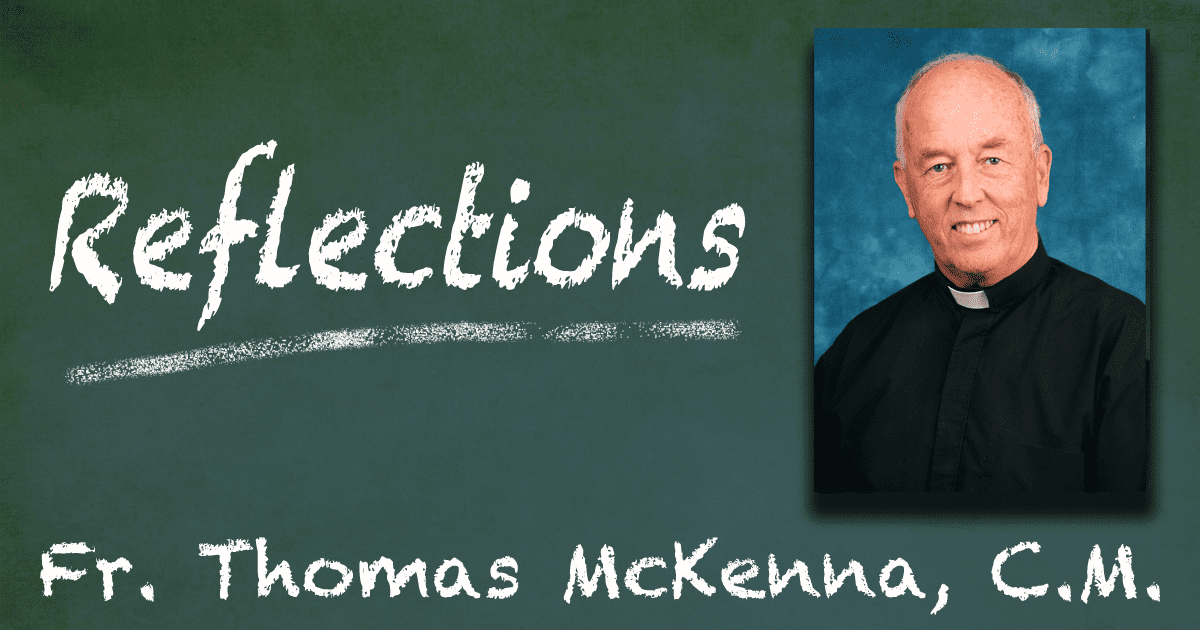St. Mark’s was the earliest gospel written and was addressed to those first- generation Christians, most likely Gentiles. The commentators tell us these believers were facing into heavy winds – the suspicion of the Jewish leaders, the oppressive Roman government, and even rival groups preaching a different Gospel. When Mark speaks to this endangered flock, it’s no surprise that he includes a pair of Jesus’ hope-filled parables, lessons on how things grow.
Things grow even when you’re asleep, Jesus observes. They ripen on their own and from the inside out. The essential thing in a crop’s maturing is not what the farmer does. The growing happens of itself.
Jesus is sympathizing with this infant Church in its discouraging efforts bring the Good News of His Father’s love. The underlying work, the fundamental movement toward the Kingdom, is arising from a qualitatively deeper source: His own presence in The Spirit. It’s that which is the real cause of any maturing, happening whether the owner is there or not. The essential part, the growing itself, is God’s work — and Jesus’ counsel is to lean back on that vitality. Believe and trust that something much more profound is at work.
Could not the Lord be retelling that reassuring parable to us 21st Century Christians, today’s members of His Body? Comparing present attendance figures with those of thirty and forty years ago reveals a Church which has come on lean times. And not just numbers, but clergy scandals and dissention among the leaders, together with the culture-wide distrust of institutions, especially religious ones – all of this and more has stirred up powerful modern day counterwinds.
Jesus’ lesson is not that we stop working and reforming, but rather take comfort in the deeper truth about the underlying source of the Church’s growth. The Divine One, working inside that seed, is causing it to grow –even when we farmers are asleep in our beds.
The second part of Mark’s agricultural parable, the tiny mustard seed, directs us to different uphill efforts presently being undertaken to feed our faith.
There’s Pope Francis’ call to care for the environment, and his novel method of reaching decisions by group consensus (what he calls a synod) rather than by decree from above. There are those promising groups of young people who call themselves “Nones” (when asked on some application form about their religious affiliation, they check off “None.”). Still wary of the institution, they nonetheless feel the Spirit’s attraction at their core and have been coming together to nurture this deeply rooted sense. And how can we overlook the flourishing of today’s worldwide Vincentian Family as it expands the reach of Vincent’s signature proclamation of the Good News.
Could we look at these things as instances of what Jesus is saying about the mustard seed, the tiniest of all, which eventually grows into the largest of plants whose branches give shade to the birds of the air? Might these movements and many others like them be instances of that miniscule kernel.
St. Mark writes his gospel for a generation under strain. From a host of parables the Master told, he selects these two to speak Jesus’ encouragement to a multi-challenged community. Might we stand with those embattled first Christians as we too open ourselves to the reassurance The Lord gives in these teachings about what really makes the seed grow.
“With many such parables, he spoke the word to them, as they were able to understand it.” (Mark 4:33)








Thank you, Father Tom. You are an encourager and you remind us of Jesus’ encouraging words.
I, too, find Tom to be «a son of encouragement», so true to Barnabas (Acts 4, 36), helpful in times of «of heavy winds».